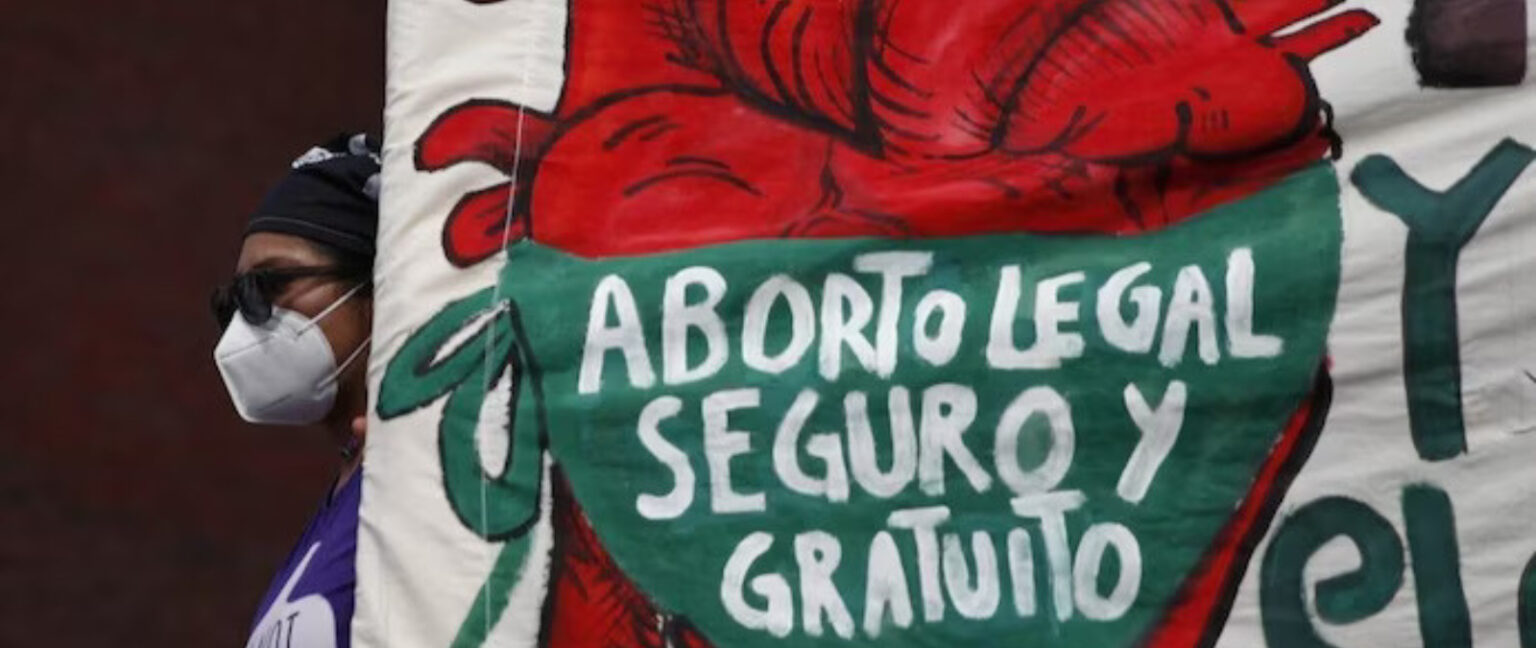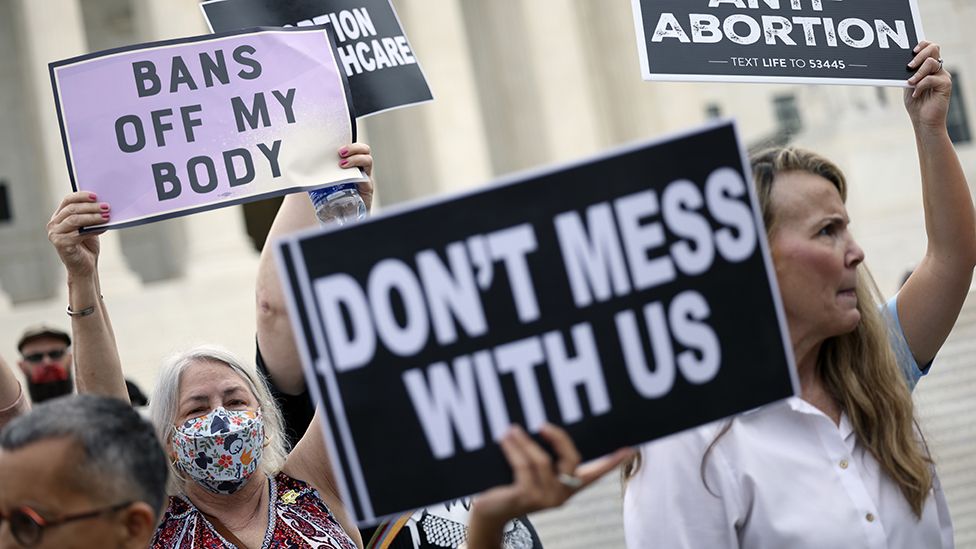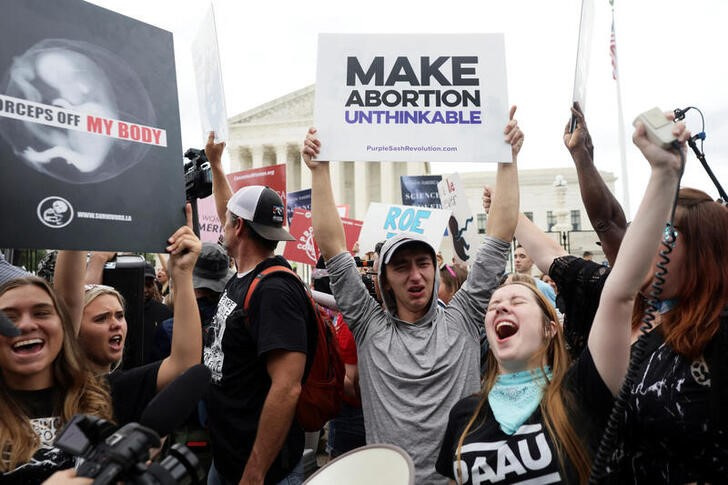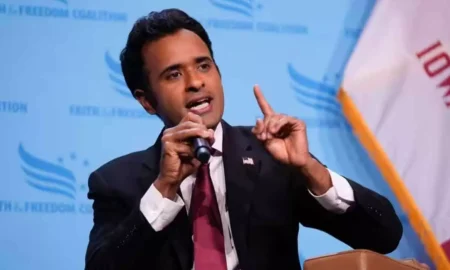Abortion is now legal everywhere in Mexico, according to the Supreme Court.
The decision was made two years after the Coahuila state‘s northern statute was declared unconstitutional by the court. Criminal sanctions for ending pregnancies had been determined to be unlawful by this court.
Since then, the federal government and the states of Mexico have taken their time repealing penal legislation.
The recent decision makes abortion lawful in all 32 states.
The supreme court ruled that denying women the option of an abortion violated their human rights.
The head of the highest court, Arturo Zaldívar, declared that no girl could be forced to become a mother in rape cases, neither by the state nor by her parents or guardians. It is vital to examine the situation from the perspective of the best interests of children since the violation of her rights in this case is more serious due to both her age and the fact that she is a victim. The decision makes it possible for the federal healthcare system to offer abortion services. Groups that support women’s rights have praised it.
In 2007, Mexico City became the first state to decriminalise abortion, and a dozen more soon followed. However, Sara Lovera, a women’s rights activist, told AFP that in addition to a lack of facilities for performing the surgery, “many women don’t know that they have this right because local governments have not carried out publicity campaigns about it.” “For this reason, the Supreme Court’s ruling today is significant.”
Mexico: Effect on Catholic Church
The Catholic Church in Mexico, the second-largest Catholic country in Latin America, as well as some of the country’s more conservative lawmakers, are sure to be upset by the latest verdict.
The country’s government, on the other hand, considers itself steadfastly secular, and the Church’s influence has been waning in recent years.
Mexico: What is the “Green wave”?
The term “green wave” refers to the trend toward easing abortion laws that has been observed in Latin America.
Although Javier Milei, the front-runner in Argentina’s election for president in October, wants to outlaw the operation, elective abortion is legal in Colombia, Cuba, Uruguay, and Argentina.
Special conditions for abortions
Abortions are permitted in some nations under certain conditions, such as rape or health risks, whereas they are completely prohibited in El Salvador, Honduras, Nicaragua, Haiti, and the Dominican Republic.
The United States, where the 1973 Roe v. Wade decision ensuring the right to abortion statewide was reversed by the Supreme Court last year, contrasts with Mexico and other Latin American nations’ changes.
USA: Roe v. Wade case
Image source: BBC News
In 1969, 25-year-old Norma McCorvey, a single woman who went by the alias “Jane Roe,” challenged Texas’s criminal abortion laws. In the state, an abortion was only legal when the mother’s life was in danger.
Henry Wade, the Dallas County district attorney, defended the anti-abortion law, which led to the creation of Roe v. Wade.
When Ms. McCorvey filed the complaint—while carrying her third child—she asserted that she had been raped. She was still forced to deliver the baby even if her case was dropped.
Her case was heard in front of the US Supreme Court in 1973 with that of Sandra Bensing, a 20-year-old Georgian lady.
They argued that the Texas and Georgia abortion laws were unconstitutional because they violated a woman’s right to privacy.
By a majority of seven to two, the court’s justices concluded that governments lack the power to outlaw abortions.
They came to the conclusion that a woman’s right to abort her pregnancy was protected under the US constitution.
USA: How has Roe v Wade been overturned?
Image source: Reuters
The Mississippi state law that prohibits abortions beyond 15 weeks has been upheld by the Supreme Court.
As a result, millions of US women no longer have the constitutional right to an abortion.
Now, some governments might once again forbid the practice.
It’s expected that more restrictions or bans will be passed by half of the US states.
So-called trigger laws, which will outlaw abortion as soon as the Supreme Court rules, have already been passed by 13 states. Others will probably instantly impose more restrictions.
Six of the Supreme Court’s nine justices were chosen by Republican presidents; there are nine total.















